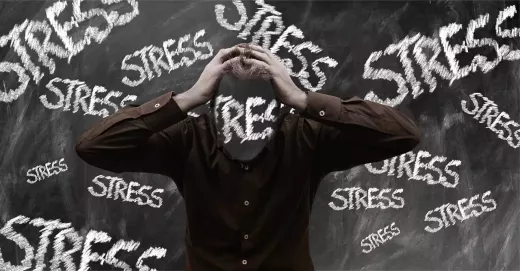Understanding How Levitra Works
Before we get into the timing tips, it's essential to understand how Levitra works. When a man is sexually stimulated, the body releases nitric oxide, which stimulates an enzyme called guanylate cyclase. This enzyme increases the levels of cyclic guanosine monophosphate (cGMP), which relaxes the smooth muscles in the penis and allows blood to flow in, causing an erection.
However, in men with ED, the levels of cGMP are low. This is where Levitra comes in. It contains vardenafil, which inhibits an enzyme called phosphodiesterase 5 (PDE5). This enzyme breaks down cGMP, reducing blood flow to the penis and causing an inability to achieve or maintain an erection. By inhibiting PDE5, Levitra increases the levels of cGMP, allowing blood to flow into the penis and maintain an erection.
Factors That Can Affect the Effectiveness of Levitra
The effectiveness of Levitra can be affected by several factors. One of the most important factors is food. Taking Levitra with a high-fat meal can delay the onset of action, as it takes longer for the body to absorb the medication. It's best to take Levitra on an empty stomach or with a light meal.
Another factor that can affect the effectiveness of Levitra is alcohol. Drinking alcohol can reduce blood flow to the penis, making it harder to achieve an erection. It can also increase the risk of side effects such as dizziness, headache, and flushing. It's best to avoid alcohol when taking Levitra.
Age is also a factor that can affect the effectiveness of Levitra. As men age, their body's ability to absorb and metabolize medication decreases. This means that older men may need a lower dose of Levitra to achieve the same results as younger men.
Timing Tips for Taking Levitra
Now that you understand how Levitra works and what factors can affect its effectiveness let's dive into some timing tips for taking it.
The best time to take Levitra is 30-60 minutes before sexual activity. This gives the medication enough time to be absorbed into the bloodstream and start working. However, it's important to note that Levitra only works when you're sexually aroused, so you still need sexual stimulation to achieve an erection.
It's also important to remember that the effects of Levitra can last up to five hours. This means that you don't have to rush into sexual activity once you've taken the medication. Take your time and enjoy the moment.
Dosage Recommendations for Levitra
The recommended starting dose of Levitra is 10mg, taken 30-60 minutes before sexual activity. However, the dose can be adjusted based on your response to the medication and any side effects you may experience. The maximum recommended dose is 20mg per day.
It's important to follow your doctor's instructions when taking Levitra. Don't take more than the recommended dose, and don't take it more than once a day.
Precautions When Taking Levitra
Levitra is a safe and effective medication for treating ED, but like all medications, it comes with some precautions. If you have a history of heart disease, high or low blood pressure, liver or kidney disease, or a bleeding disorder, talk to your doctor before taking Levitra.
You should also avoid taking Levitra if you're taking nitrates for chest pain or riociguat for pulmonary hypertension. These medications can interact with Levitra, causing a dangerous drop in blood pressure.
Possible Side Effects of Levitra
Like all medications, Levitra can cause side effects. The most common side effects include headache, flushing, stuffy or runny nose, indigestion, and back pain. These side effects are usually mild and go away on their own within a few hours.
However, if you experience any of the following side effects, seek medical attention immediately:
- Chest pain or discomfort
- Irregular heartbeat
- Shortness of breath
- Seizures
- Loss of vision or hearing
Alternative Treatments for Erectile Dysfunction
If Levitra isn't right for you or if you're looking for an alternative treatment for ED, there are several options available. These include:
- Viagra (sildenafil)
- Cialis (tadalafil)
- Stendra (avanafil)
- Penile injections
- Penile implants
- Vacuum erection devices
Talk to your doctor about which treatment option is best for you.
Frequently Asked Questions About Levitra
1. How long does Levitra last? Levitra can last up to five hours.
2. Can I take Levitra with food? It's best to take Levitra on an empty stomach or with a light meal. Taking it with a high-fat meal can delay the onset of action.
3. How often can I take Levitra? You should only take Levitra once a day.
4. Can I drink alcohol while taking Levitra? It's best to avoid alcohol when taking Levitra, as it can reduce blood flow to the penis and increase the risk of side effects.
5. What should I do if I experience side effects? If you experience any side effects while taking Levitra, talk to your doctor. They may be able to adjust your dosage or recommend an alternative treatment.








